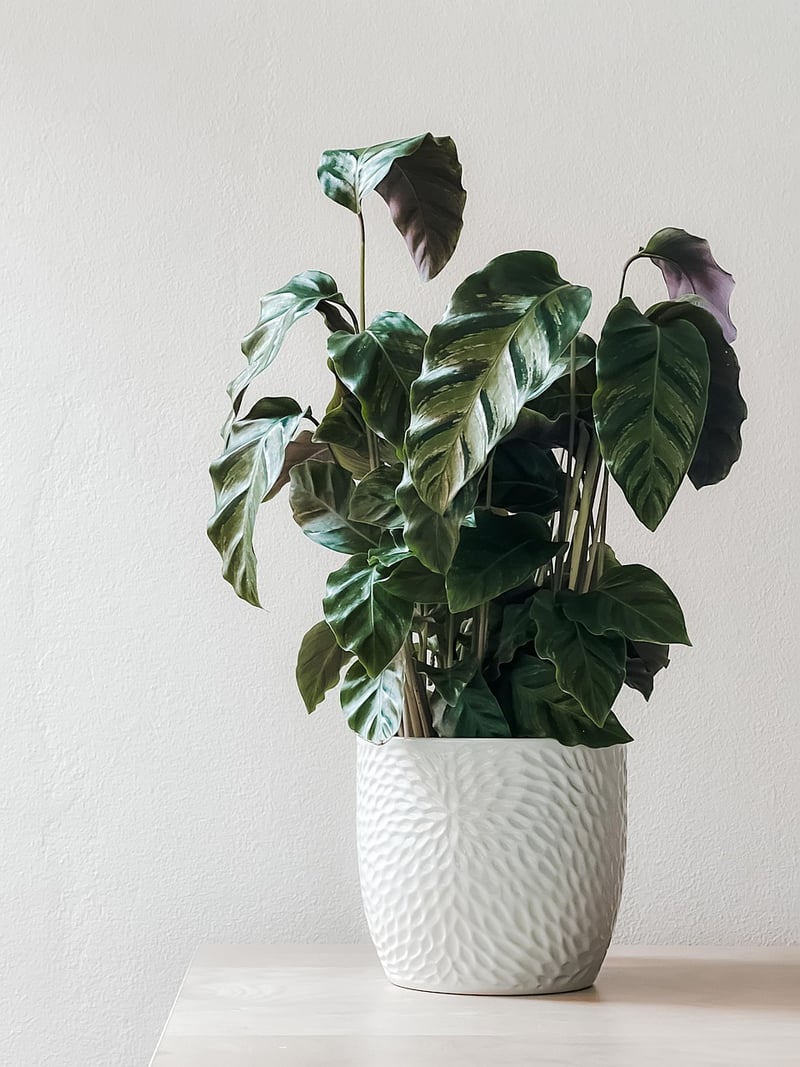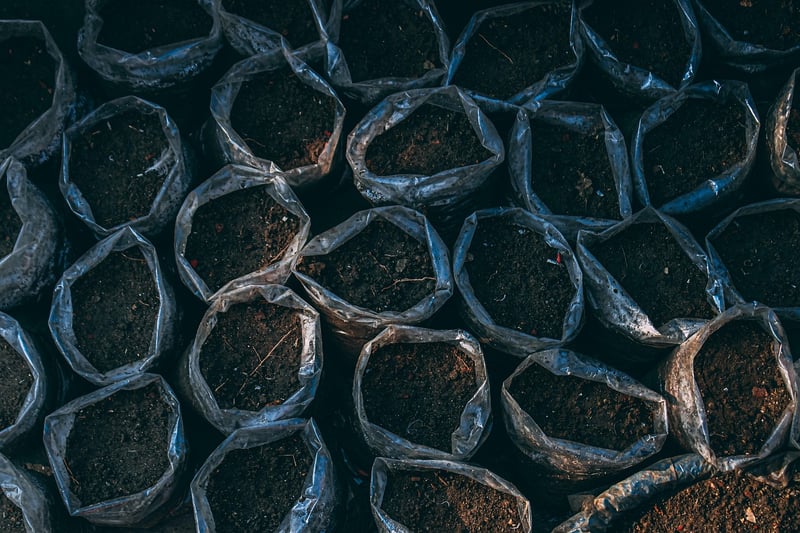Soil Maintenance
Essential Practices for Plant Health and Soil Maintenance
Introduction
Ensuring the health of your plants goes hand in hand with maintaining the quality of your soil. By adopting essential practices, you can create an environment that promotes plant growth and vitality while preserving the fertility of your soil. Let's explore some key practices that will help you achieve optimal plant health and soil maintenance.
1. Proper Watering
Water is essential for plant growth, but overwatering can lead to root rot and other issues. Ensure your plants receive the right amount of water based on their specific needs. Consider factors like the plant species, soil type, and weather conditions when determining your watering schedule.
2. Adequate Sunlight
Most plants require sunlight to carry out photosynthesis and thrive. Position your plants in locations where they can receive adequate sunlight based on their sunlight requirements. Monitor the sun exposure in different areas of your garden to place the right plants in the right spots.
3. Proper Nutrient Balance
Plants require essential nutrients like nitrogen, phosphorus, and potassium for healthy growth. Conduct soil tests to determine the nutrient levels in your soil and supplement as needed with organic fertilizers or compost. Maintaining the proper nutrient balance is crucial for plant health.
4. Weed Control
Weeds compete with plants for nutrients, water, and sunlight. Implement regular weeding practices to keep weeds at bay and prevent them from overtaking your garden. Mulching can also help suppress weed growth while improving soil moisture retention.
5. Soil Aeration
Compacted soil can hinder root growth and nutrient absorption. Use aeration tools like aerators or garden forks to loosen compacted soil and improve air circulation. Aeration helps roots penetrate deeper into the soil and promotes overall soil health.
6. Proper Mulching
Mulch serves multiple purposes, such as conserving soil moisture, suppressing weeds, and adding organic matter to the soil as it breaks down. Apply a layer of organic mulch around your plants to provide insulation and protection while enhancing soil fertility.
7. Regular Monitoring and Maintenance
Keep a close eye on your plants for signs of pests, diseases, or nutrient deficiencies. Early detection allows for prompt intervention, preventing issues from escalating. Regularly prune dead or diseased plant parts and remove any debris that may harbor pests.
Conclusion
By incorporating these essential practices into your gardening routine, you can promote plant health and maintain soil fertility. Remember that healthy plants start with healthy soil, so prioritize soil maintenance alongside plant care. With proper watering, sunlight exposure, nutrient balance, weed control, soil aeration, mulching, and vigilant monitoring, you can create a thriving garden that flourishes year-round.


